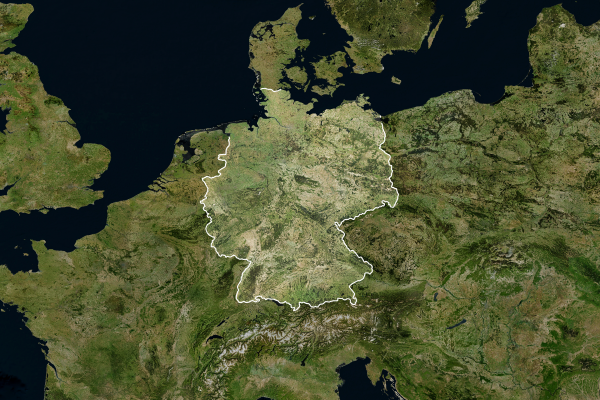The Future of e-invoicing and VAT Reporting in Germany

June 19, 2023
The German government plans to digitize its VAT and invoicing processes, making electronic invoicing between B2B (business-to-business) companies mandatory.
In July 2021, it became mandatory to send invoices electronically B2G (business-to-government) in Germany, meaning all companies that supply goods or services to the public sector must send invoices electronically in a specific format. At the same time, it is also a requirement that electronic invoices must be sent through the German invoicing system.
However, on April 17, 2023, the Ministry of Finance in Germany proposed that electronic invoicing (e-invoicing) should also become mandatory for B2B transactions. The new requirements are still being discussed, but it’s likely this will become part of the German VAT process in the future.
It’s also likely the new rules on e-invoicing will apply to B2B invoices sent from one German company to another.
Electronic Invoicing in Germany
In Germany, companies have historically sent their invoices physically, i.e. in paper format. One of the reasons for this may be that many companies have had difficulty understanding e-invoicing and familiarizing themselves with the requirements and process. With the new rules pending, e-invoices will eventually become the preferred way to send and receive invoices. This will also be accelerated by the fact that the authorities have a goal to abolish paper invoices.
Many forums are discussing how the process will work. There are still many elements that have not yet been adopted, and there is much uncertainty associated with how this will be implemented. Authorities are in discussion as to whether the implementation should take place in phases, and if so, what these phases should entail. In addition, authorities are also discussing whether the exchange of invoices
should only take place through a public platform, or whether private platforms would also be accepted. As it stands now, implementation will begin on January 1, 2025. TrueCommerce is part of EESPA, where many of these discussions take place. We are glad to be part of these conversations to collaborate and find the best solutions for the benefit of our customers.
The Future of Electronic Invoicing in Germany
There is a lot on the drawing board in Germany in connection with e-invoicing and VAT reporting, and we expect major changes to occur within the next few years—especially when it comes to transactions between B2B German companies.
However, it has also already been announced that as part of the new rules on e-invoicing, Germany will also introduce an electronic reporting system for B2B invoices sent both nationally and across national borders. It is so far planned that this will take place in 2028.
In most countries in Europe that have or are in the process of introducing requirements for electronic invoicing and VAT reporting, this only applies to invoices exchanged within the country’s borders. That said, it’s very exciting that Germany plans to introduce requirements for invoices that are sent across national borders. (Italy is the only other country that has also introduced this as a requirement.) Perhaps this initiative will also spread to more countries over time and perhaps be an indication of how e-invoicing and VAT reporting may look in the future in both Germany and the rest of the world.
Share this post:
Stay ahead of the competition
Get expert supply chain insights delivered directly to your inbox weekly.